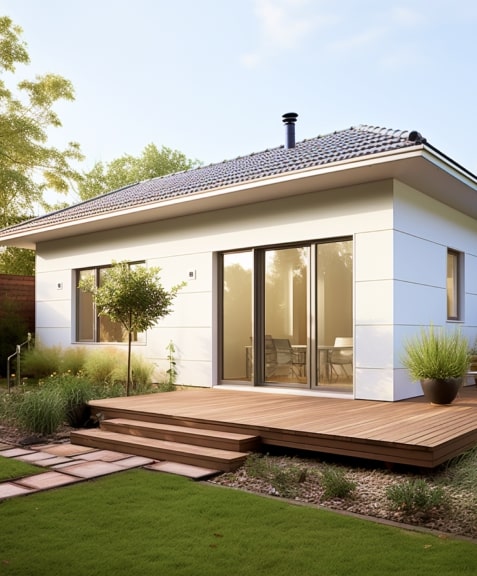
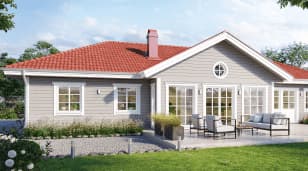
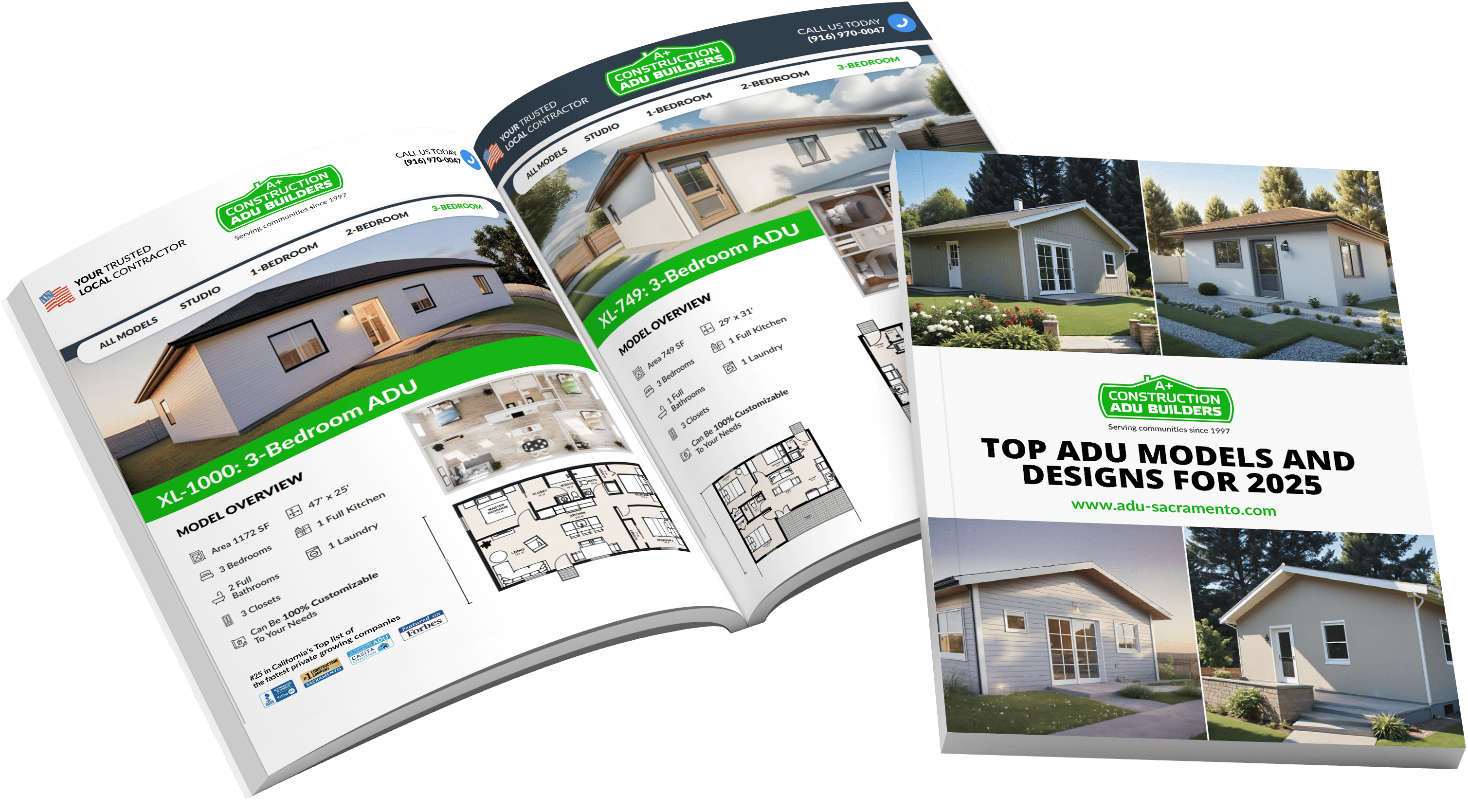

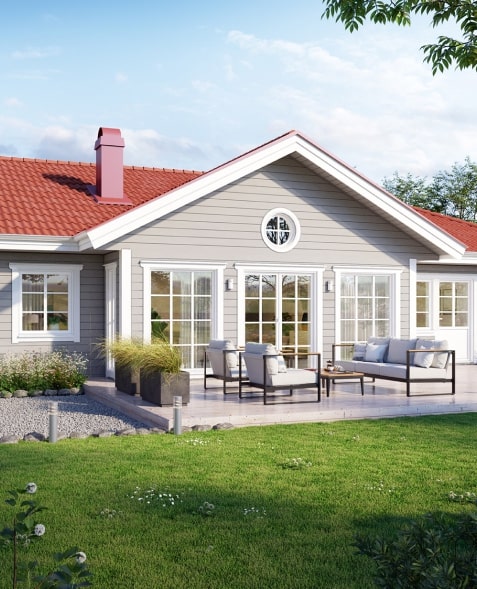

A link to download your FREE brochure will be in your inbox in 3 minutes
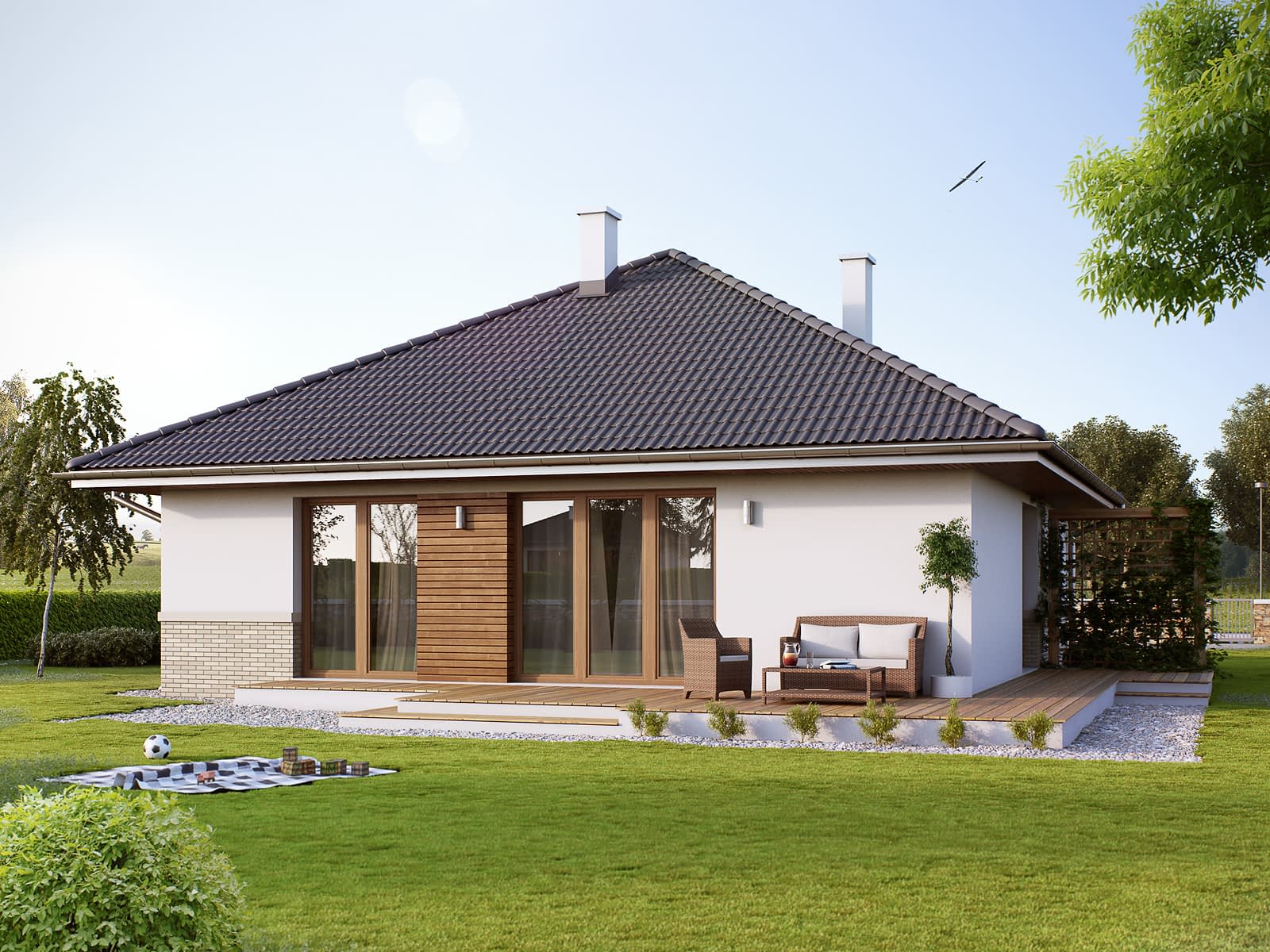





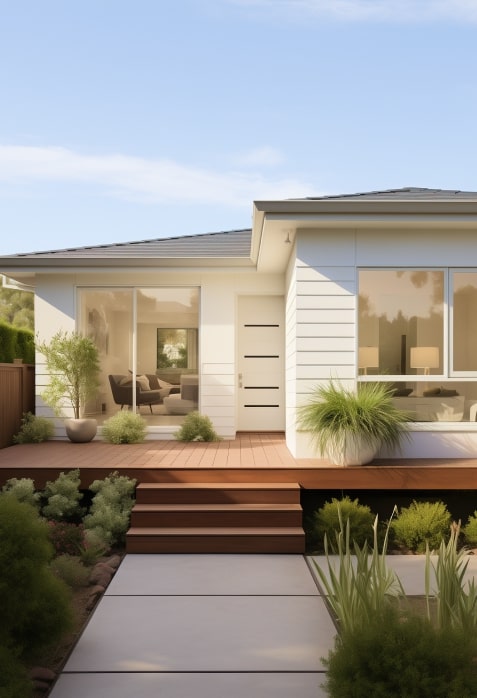
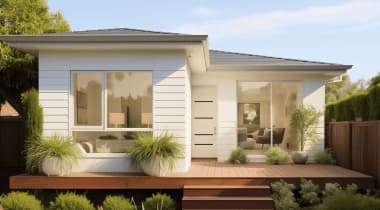











The final price may vary based on project specifics.
To get a free accurate quote tailored to your needs, book a consultation with us today!

The price per square foot provided is an average and may vary depending on project-specific details such as materials, location, complexity, and other factors. Actual costs may differ from the average provided.
It is recommended to obtain a detailed quote based on the specific requirements of your project.

Please note that the monthly payment displayed on this page is an estimate and is subject to variation based on the selected loan product, applicants credit score, loan amount, and other financial details. Actual monthly payment may differ from the estimate provided.
It is recommended to seek advice from a financial advisor or loan officer to obtain precise payment information tailored to individual circumstances.
 Your Trusted
Local Contractor
Your Trusted
Local Contractor
Whether you’re a seasoned homeowner or a novice in the property market, you might be asking yourself, “How much value does an ADU add?” This question is indeed crucial and entails a broad spectrum of variables. Accessory Dwelling Unit (ADU), as we’ll see throughout this in-depth exploration, can significantly boost your property value while providing a plethora of other benefits.
From added rental income to creating additional living space, the benefits of an ADU (that also goes by names like granny flat or in-law units) are vast. But first, let’s dig deeper into the significant value accessory dwelling units can offer.
An ADU is an incredible way to utilize square footage effectively and increase your property value. However, as your property’s current value increases, it’s critical to understand that your property taxes might increase as well. On the bright side, this rise in taxes is usually justified by the increased resale value and potential rental income you could generate from the ADU.
It’s also essential to consult with a real estate agent or your local municipality to better understand how ADUs could affect property taxes in your area. Each San Francisco Bay Area municipality, for instance, may have differing ADU ordinances and tax implications.
Given the benefits of having a granny flat, it’s no wonder that many people are on the lookout for properties with an ADU. So, before answering “How much value does an ADU add?”, let’s answer another question – how can you find an ADU for rent?
Firstly, you can check various online property listings where landlords advertise their rental properties, including detached ADUs or attached units. Secondly, consulting with local buyers or agents familiar with the local housing market can provide you with valuable insight into available ADUs for rent.
Remember, an ADU can offer substantial rental income, making it a great investment. And if you’re in a tourist destination, the potential income could even be higher, given the demand for short-term rentals. Also, the resale value of such units allow you to get money from the full value of your unit at any moment.
Airbnbing an ADU can be an exciting prospect, promising to generate rental income and add significant value to your property. To start, you must ensure your ADU meets Airbnb’s requirements. Once that’s done, set up an appealing listing, pricing it competitively based on comparable listings in your area.
Considering how much value an ADU adds, it’s worth mentioning that using your ADU as an Airbnb rental could increase your gross rental revenue. It could also appeal to a broad demographic, from tourists looking for an affordable housing option to locals seeking short-term leases.
Purchasing a townhouse with an existing ADU is akin to buying an investment property. The process involves researching the local market, consulting with real estate agents, inspecting the property, securing financing, and finally closing the deal.
However, buying a townhouse with an ADU also entails understanding the ADU ordinance limits in your area, evaluating the income potential, and estimating the potential increase in property value.
Let’s talk about the advantages now, as well as some downsides of the undertaking.
Imagine a life-giving river flowing from the power company to your ADU. You will likely need to work with a licensed electrician who can guide the ‘river’ from the main panel to your detached ADU. The availability of electricity in a unit is essential if you want to add value to your property or transform it into one of many home offices.
Adding an ADU when you have no equity may sound daunting, but it’s not impossible. Here are some creative ways:
Some areas, like the Bay Area, offer affordable housing programs that can help finance your ADU project.
Seek out real estate investors interested in investing in properties with ADUs.
Use online crowdfunding platforms to raise the necessary funds.
Setting up an ADU rental in a tax situation requires careful planning and a clear understanding of tax laws. For instance, the income generated from the rental property, such as an ADU, is generally taxable.
However, if you’re renting the ADU for less than 14 days a year, the rental income may be tax-free under the “Masters Rule.” Again, it’s essential to get proper legal advice and consult with a tax professional when setting up an ADU rental.
Building an ADU involves obtaining several permits, which may vary based on your local municipality’s ADU ordinance. These permits may include building permits, zoning permits, and inspections to ensure compliance with the local building code.
Keep in mind, the type of ADU—be it an attached ADU, a detached ADU, a garage conversion, or an interior conversion—may also affect the type of permits required.
Getting a permit for your ADU is like getting a seal of approval from your city. It ensures your ADU is safe, legal, and increases the property value. So you will not worry that all the construction costs or clever interior conversion plans go down the drain if an ADU and its elements like square footage or half baths are not permitted. It’s a mark of authenticity, a badge of honor for your ADU!
Filing for an ADU permit can feel like embarking on a quest. You’ll need to gather the right documents, create a plan, and then submit everything to your local building department. Consider hiring a professional to guide you on this quest, a wise wizard who knows the ins and outs of the permitting journey!
An ADU is a good investment for several reasons. First, ADUs increase property value to your home. Every square foot added to your home increases its resale value, and an ADU offers the added benefit of creating a completely new, separate living space. Moreover, if you ever consider selling the existing space, the increased resale value will fill your pockets with money.
Secondly, an ADU can generate a steady stream of passive income. Whether used for long-term rentals or Airbnb, the passive income generated can significantly offset your mortgage payments or contribute to your savings. Also, this extra income can be spent to create new home improvement projects, ultimately your home value will skyrocket.
Lastly, it provides additional living space. An ADU can serve as an in-law suite, a private guest space, or even as extra space for family members. Additional square footage will let you keep your elderly as well as young members of the family nearby, which makes in-law suites a perfect option for an already existing space.
Renting out your ADU is like finding the perfect price for your masterpiece. You’ll need to consider your costs, square footage, the local rental market, the unique features of your ADU, and what potential tenants might be willing to pay. Moreover, decide whether you are looking for short-term or long-term rentals and how great your property value is. It’s about finding the golden price that makes both you and your tenant happy!
Remember, while building an ADU can seem like a long journey, it’s also a path filled with joy, surprises, and new experiences. It is not a secret that ADUs increase property value, add value to your home, and influence the resale value, so it is high time to build one. Embrace the adventure and let your ADU story unfold!
The contents of your ADU would greatly depend on the type of ADU you are building. If it is a detached ADU, you may need to provide everything a primary house would have, including a kitchen, bathroom, bedroom, and living area. Attached units or interior conversions might share some amenities with the primary residence, like laundry facilities or outdoor areas.
Regardless of the type, be it an attached ADU or a garage conversion ADU, it’s crucial to think about the needs of potential tenants or family members who might occupy the additional property.
In most areas, the ADU ordinance requires the property owner to live in either the primary residence or the ADU. This is to ensure the property is well-maintained and integrated into the community.
The city usually verifies owner occupancy through tax records, voting registration, utility bills, or even a simple knock on the door. Therefore, it’s crucial to be upfront and honest about your living situation to avoid potential fines or legal troubles.
Before thinking about the answer to the question “How much value does an ADU add?”, it is important to know how to search for such homes.
There are several ways to find homes with an ADU:
Determining if a home has an approved ADU involves researching and checking the permits of the property. This can be done through the local county assessor’s office or the local municipality’s planning department. In some areas, this information is also available online.
An approved ADU should meet all local building codes and regulations and have the necessary permits. Buying a home with an unpermitted ADU could lead to legal troubles, and additional costs to bring the ADU up to code.
From navigating the labyrinth of regulations to uncovering the hidden treasures of financing, from pouring life-giving electricity into your ADU to giving it an identity of its own, you are the author of this ADU story. Embrace the plot twists, celebrate the small victories, and above all, let your story unfold in its unique, authentic way.
And when your ADU stands there, sturdy and welcoming, you will feel an overwhelming sense of accomplishment. A testament to your hard work, determination, and vision. A symbol of your resilience, creativity, and love.
Determining the value of your ADU is like assessing a rare gem. Many factors come into play – size, location, quality of construction, local housing market, potential income, and many more. It’s a delicate balance, a fine calculation, a special recipe with many ingredients!
So, here’s to the start of your ADU journey – may it be an exhilarating, fulfilling, and enriching experience that leaves you with a treasure trove of delightful stories to tell!
Your search for an ADU rental can feel like an exciting treasure hunt. Start with popular rental websites – it’s like checking the usual hiding spots. Next, engage with a local real estate agent; they’re akin to an experienced treasure hunter who knows the lay of the land. Don’t forget to use the magical keyword ‘ADU’ or ‘accessory dwelling unit’ in your search – it’s like using a special map to find hidden gems! Don’t forget to specify the ADU type or square footage you want to find the right ADU vacancies.
No equity? No problem! It might seem like a daunting climb, but remember, even the mightiest mountains are scaled one step at a time. You can consider a personal loan, or maybe partner with someone who shares your vision. Creative financing options, such as crowdfunding or peer-to-peer lending, can be your helpful companions in this uphill journey.
Dealing with taxes can feel like navigating a labyrinth, but with the right knowledge, you can make it through. You will need to declare your income from the rent on your tax return. Also, you can usually deduct rental expenses. It will not generate additional income, but it will save some money for you to get more from the property value. It’s like having a guide to lead you through the complicated tax maze!
Think of it as giving your ADU its own heartbeat. Having a separate electric meter not only simplifies billing but also provides a clear record of energy usage. And will definitely add value to your home. It’s like having a personal diary for your ADU, documenting its energy life!
It’s like a dance – each step, each spin needs to follow a certain rhythm. In some areas, local regulations may allow multiple ADUs, while in others, only one might be permitted. Check with your local municipality – they are the choreographers setting the pace for your ADU dance! But it will be worth the worries, as no matter whether you build an attached ADU or consider an interior conversion, they will add a lot of value to your property.
Every garden thrives when the plants are in the right spot, and it’s the same with your ADU. It needs to be in a zone where ADUs are allowed, usually residential areas. If you are building an ADU in a profitable place, it can help you boost monthly rental income. Like choosing the sunniest spot for your sunflowers, zoning helps your ADU to flourish!
As you can tell from the name, an attached ADU is connected to the primary residence while detached ADUs stay separated. Moreover, the building costs of an attached unit, by a rough estimate, will be lower than the amount of money needed for a detached unit. However, they will both increase the substantial value of your property.
Sometimes, even under the same roof, we need our own space. For the IRC, an accessory apartment becomes a separate dwelling unit when it has its own kitchen, bathroom, and entrance. It’s like having your own private suite within a grand mansion!
Think of it as a hidden wonder, tucked away in the depth of your home. Treat it with the same respect and care as the rest of your home. And when you decide to rent it out, remember, it’s not just a basement; it’s a home within a home!
Like giving your ADU its own identity card! Separating utilities will involve some work – you might need to run separate lines or install sub-meters. But the result? Clarity, fairness, and simplicity in managing your ADU’s resources!
Think of legal advice as the compass guiding you through your ADU journey. You can consult with a real estate attorney, your local planning office, or an experienced ADU builder – read more about here – https://aplusconstructionremodeling.com/adu-builders/. They will answer any questions including “How much value does an ADU add?” or “How much value will the garage conversion of an existing garage add to my lot?” Remember, every successful voyage starts with a reliable compass!
Don’t let the term scare you! It’s not about going back but creating distance. Setbacks are the space you need to leave between your ADU and the property lines. It’s like ensuring each tree in your garden has enough room to grow and thrive!
Getting mail for your ADU can feel like receiving messages in your secret hideout. You’ll need to set up a separate mailbox and make sure your ADU has a distinct address. That way, every message, every parcel finds its way to your ADU!
Get a First Look at Real ADU Projects